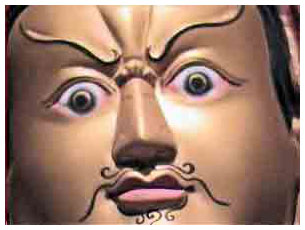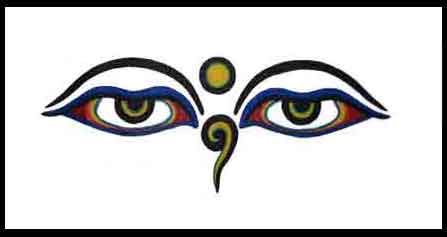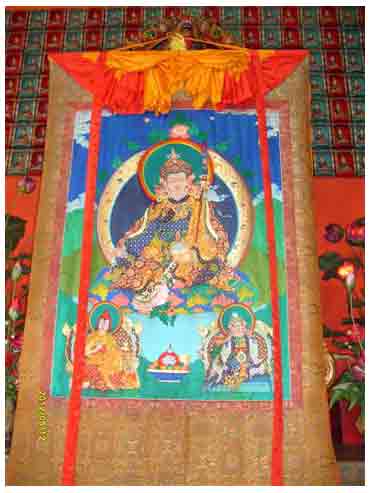The Karma (1)
As a Buddhist disciple, we are taught and we must believe that Karma is an absolute law, the law of cause and effect,
Karma is not just a doctrine to be learned, but it should be understood to be practiced in order to benefit for our lives current and future, we can see Karma in the real life, we will reap what we planted, many natural disasters that happening lately is the result of human actions in the past, of all these events, we can conclude that Karma is a law of definite.
as we know that Samsara consists of six realms : god realm, ashura realm, human realm, animal realm, pretha realm and hell realm, Buddha said, it is very difficult to be born as a human, so don’t waste our time as human beings for doing the bad Karma, be always accumulate good Karma if we want to have a better life in this present time and in the future time also.
but we must know too, Karma ( good Karma or bad Karma ) can not be removed, doing good thing is for protect us when the bad Karma is coming, like an umbrella protect us from the rain, anyway doing good thing is a good idea, by doing good Karma, for sure we will leave Samsara and reach Nirvana,
we can say in easy way that Karma is : ” Whatever we do will come back to us “. Buddha teaches us to love all creatures, do not hurt other creatures, live at peace with environment, back to nature, you will get peacefulness.
More The Karma 2



